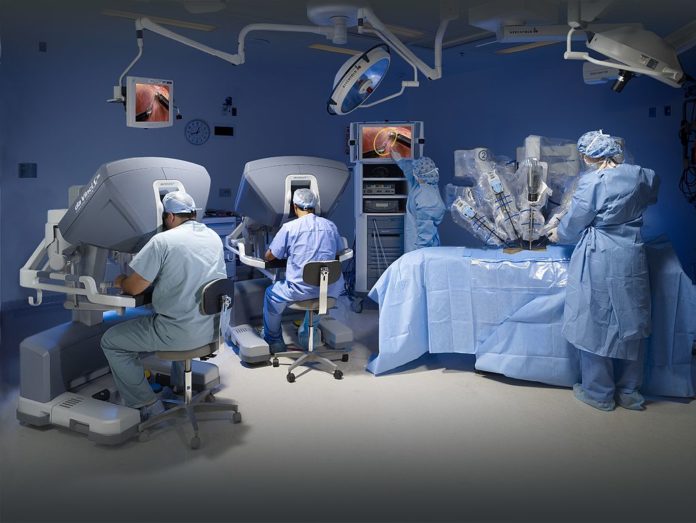Artificial Intelligence is the next healthcare milestone. For India, on the cusp of public health history with National Health Protection Scheme, it holds many promises
India plans to march into the future powered by its demographic dividend. That is why it is more than a tad ironical that the most crippling barrier to universal healthcare access India faces is of manpower.
And as it embarks on an ambitious two-pronged strategy – health and wellness centres for prevention and the world’s largest funded health insurance for tertiery care – to rectify that situation, it is also imperative that it looks for manpower solutions. Artificial intelligence could hold some answers. The USFDA is already moving to encourage AI-based healthcare applications.
“AI holds enormous promise for the future of medicine…We expect to see an increasing number of AI-based submissions in the coming years, starting with medical imaging devices, and we’re working with experts in the field,” FDA Commissioner Scott Gottlieb said at the Health Datapalooza conference in Washington, D.C. earlier this week. FDA, he added was working on a new regulatory framework so that innovators can work on this.
For India, the biggest and the most immediate – also perhaps the lowest hanging AI fruit – use of AI could be in management of medical records and efficient storage of health data. The Union health ministry and Niti Ayog are already looking for a suitable technology solution for the National Health Protection Mission that will cover 10.74 crore; for the short term though the technology platform on which Telengana operates its flagship Arogyashri health programme will be adopted. AI could be the answer to the quest for a more robust platform.
“There is no doubt that AI in health care remains overhyped and at risk of commercial exploitation, but from the melee, quality collaborative research is emerging. AI requires thorough and systematic evaluation…”
Post rollout, NHPM will also need robust monitoring at multiple levels. The mission envisages providing a Rs 5 lakh annual health cover to eligible families through a public private partnership model. But the tertiary care focus is open to abuse and misuse unless there is focused oversight. That is another area where AI can help. It can help identify treatment mistakes, workflow inefficencies, claim trends that can flag abuse and also keep an eye on unnecessary hospitalisations.
AI has many other possible roles in healthcare, including treatment design, virtual nursing and even patient tracking. While the Indian health system may not be financially prepared or mature enough for some of them, NHPM could do with substantial doses of AI right at the onset in the interest of transparency, better monitoring and efficient decision making.
There are, naturally, pitfalls.
In an editorial The Lancet wrote on December 23, 2017: “2017 has marked a step change for AI in health care. Demonstrable successes with deep learning in other industries have awoken clinical interest. The resulting partnerships between clinicians and data scientists, supported by growing strength of clinical informatics, are beginning to yield positive results. With this change, the skills required to understand the informatics of large datasets, and the insights that can be drawn from them, have become an essential pillar of clinical practice, alongside evidence-based medicine. There is no doubt that AI in health care remains overhyped and at risk of commercial exploitation, but from the melee, quality collaborative research is emerging. AI requires thorough and systematic evaluation prior to integration in routine clinical care but, like other disruptive technologies in the past, the potential for impact should not be underestimated.”


